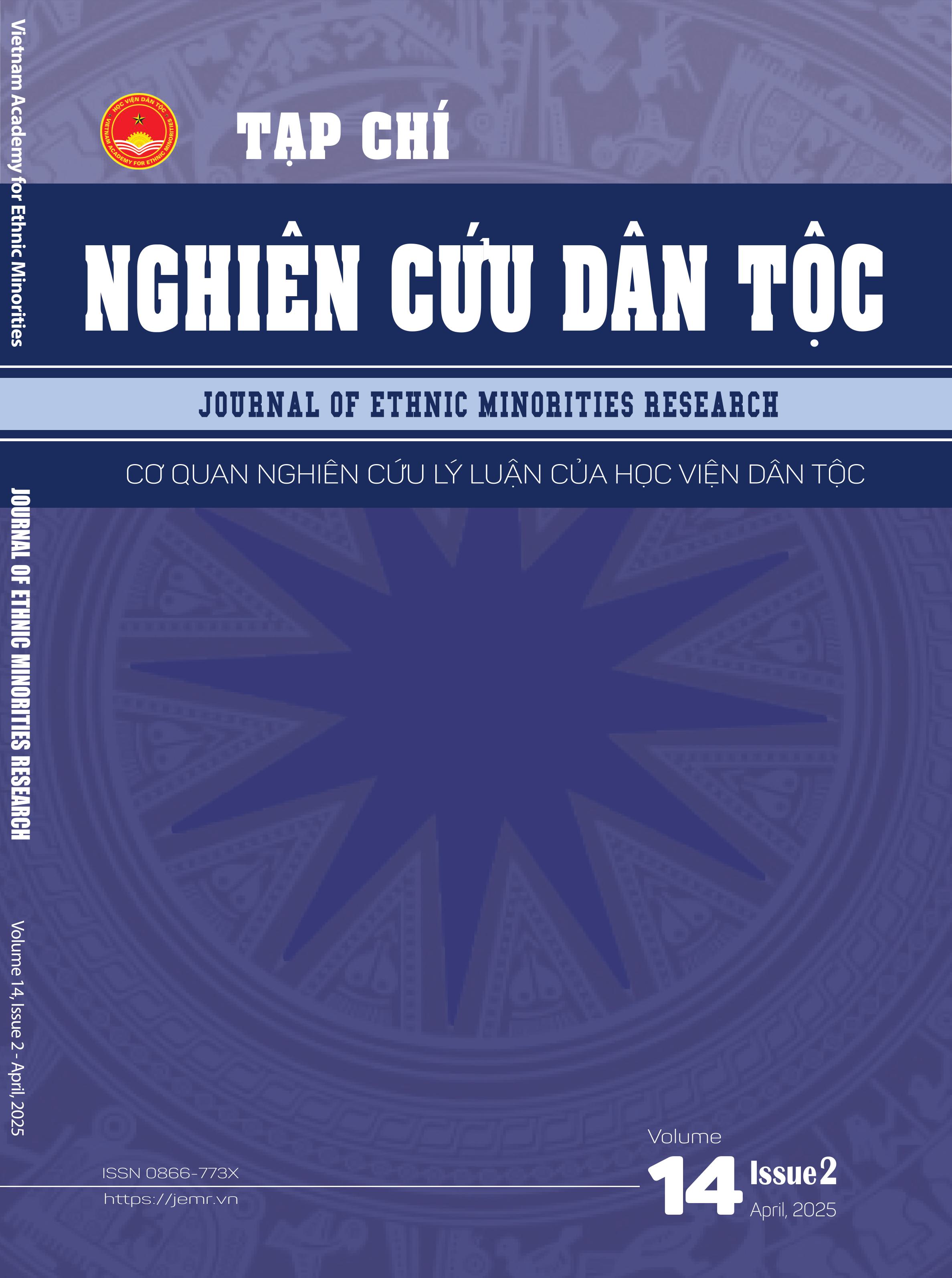Điểm các Hội đồng Giáo sư ngành/liên ngành của Tạp chí Nghiên cứu Dân tộc giữ nguyên đến tháng 6/2025
- Số 1 và số 2 năm 2025, Tạp chí Nghiên cứu Dân tộc vẫn giữ nguyên điểm các Hội đồng Giáo sư ngành/liên ngành.
- Bắt đầu từ tháng 6/2025, Tạp chí Nghiên cứu Dân tộc sáp nhập và được tính 0đ.
Read more about Điểm các Hội đồng Giáo sư ngành/liên ngành của Tạp chí Nghiên cứu Dân tộc giữ nguyên đến tháng 6/2025

